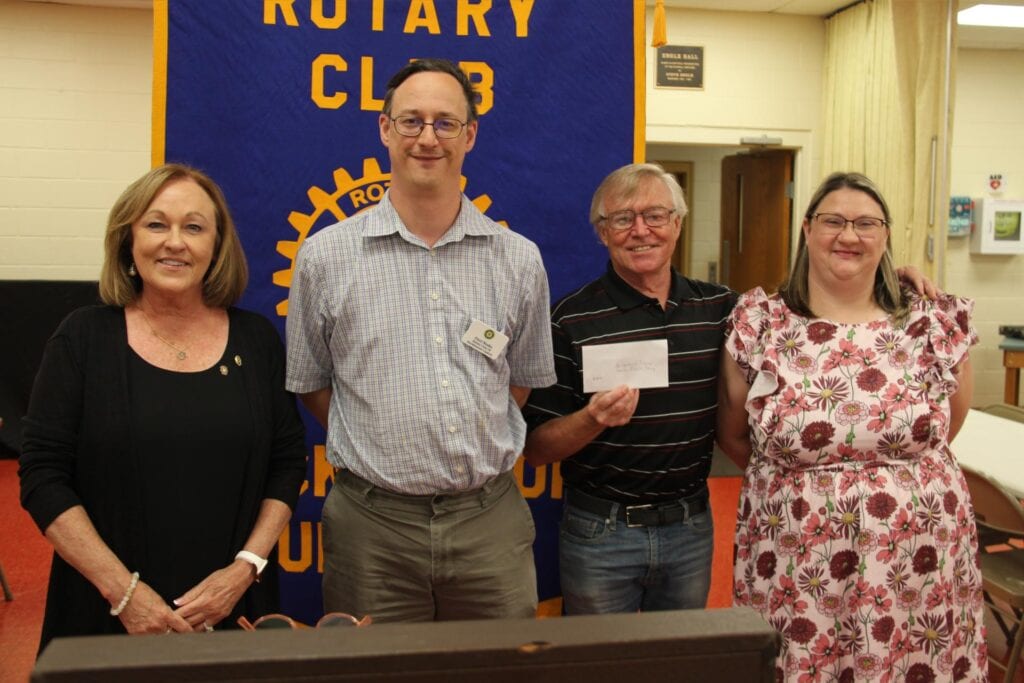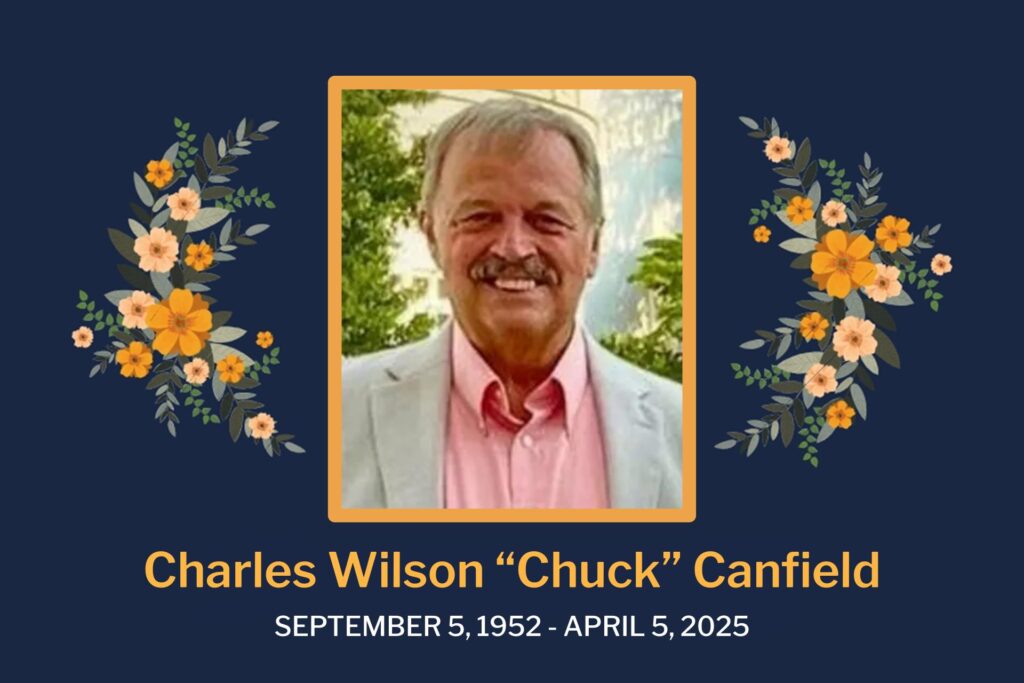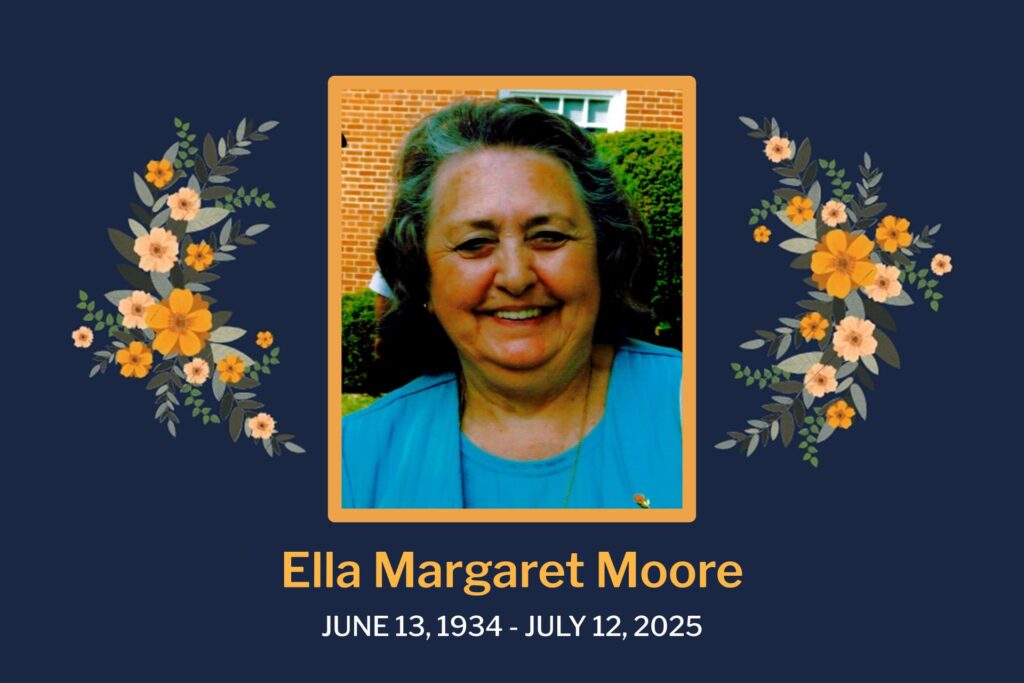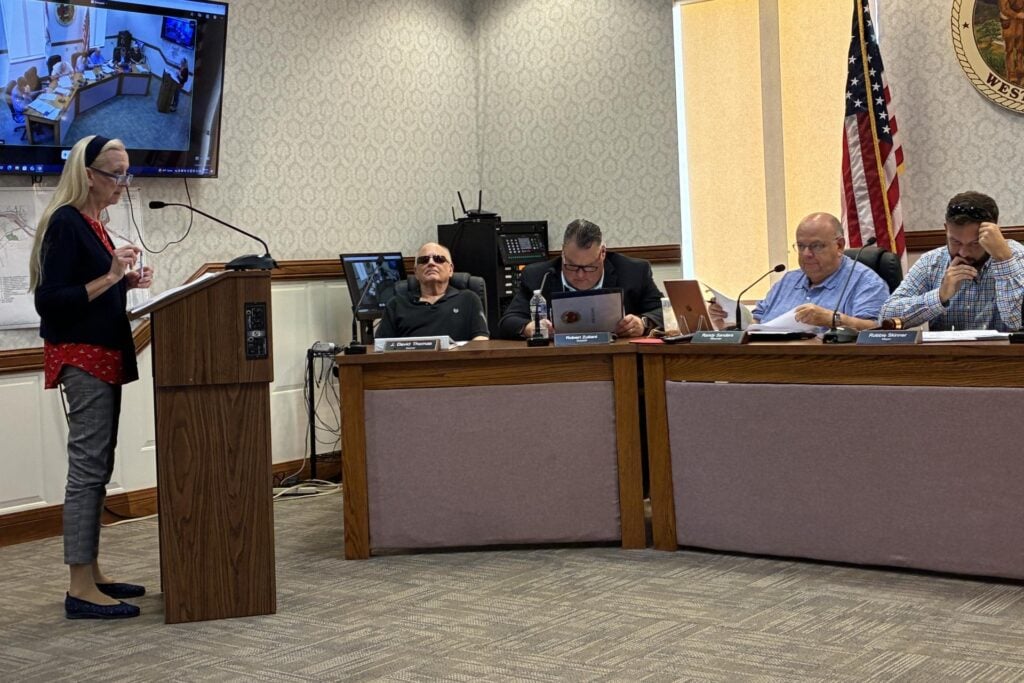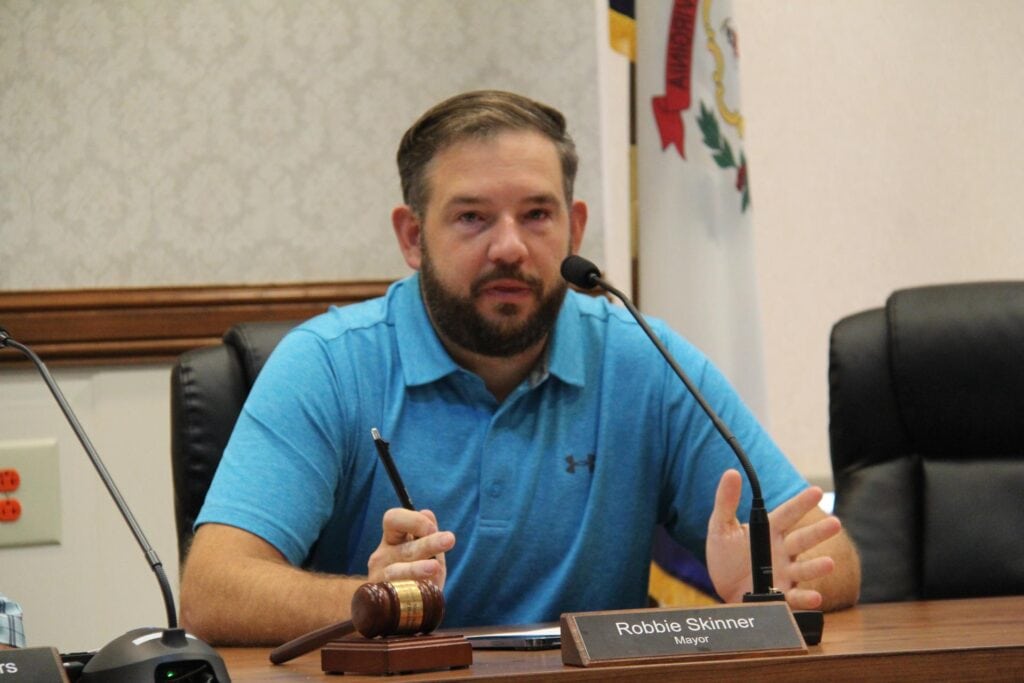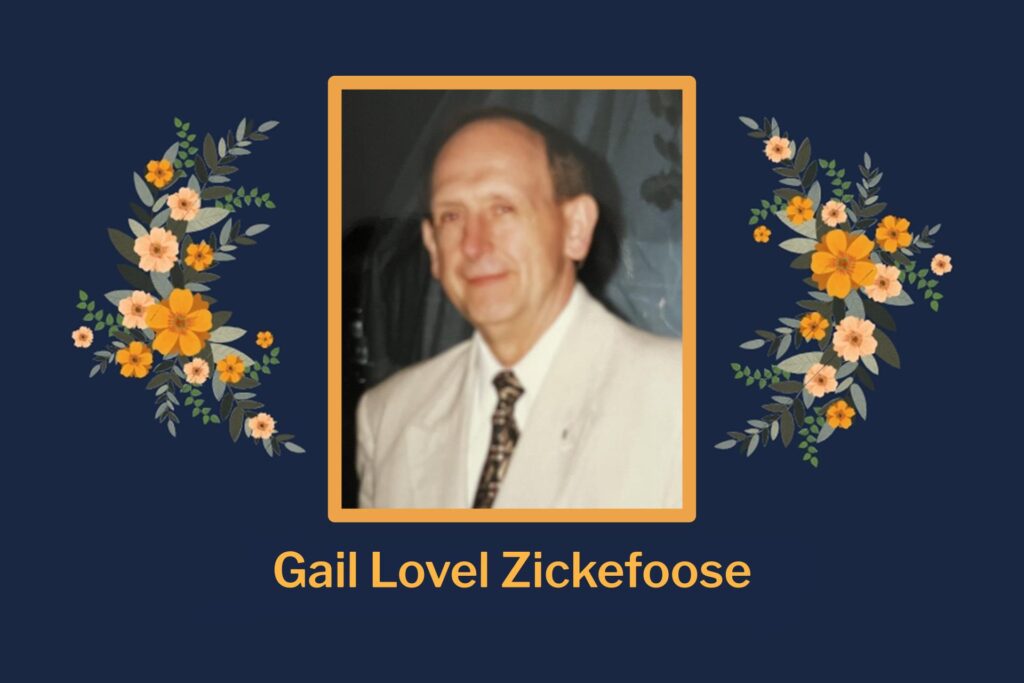This story was originally published by Mountain State Spotlight. Get stories like this delivered to your email inbox once a week; sign up for the free newsletter at https://mountainstatespotlight.org/newsletter.
By Ian Karbal, Mountain State Spotlight
Gail Patton considers herself a “left-leaning” independent. She’s lived in Cabell County for more than 40 years, and has voted for both Democrats and Republicans.
But after the U.S. Supreme Court eliminated abortion rights for Americans in June, and West Virginia Republicans passed one of the strictest abortion bans in the country last month, there’s little that could keep Patton from voting to put a pro-abortion rights Democrat in the state Legislature this year.
If only she could.
The state Senate race in her district has only one candidate: Sen. Eric Tarr, R-Putnam, who said he voted against the abortion ban only because it didn’t go far enough. The House of Delegates race in her district also has just one candidate: Delegate Daniel Linville, R-Cabell, who voted for the abortion ban.
Many West Virginians face a similar lack of options when it comes to a choice on abortion rights. In nearly half of the House of Delegates races, and almost a quarter of the state Senate contests, candidates are either running unopposed or share the same views as their competitors, according to a Mountain State Spotlight review of voting records and public statements.
In almost all of those cases, candidates are anti-abortion. Most pro-abortion rights candidates are Democrats, and the state party’s leaders have repeatedly stated that abortion is on the ballot in an effort to turn out voters. But the state party didn’t field candidates in about a third of state Senate races and a quarter of state House races.
A few third-party candidates, and at least two Republicans, across the state have also said they don’t support the state’s abortion ban, but they’re rare.
Patton’s current state senator is Michael Woelfel, the only Senate Democrat to vote for the abortion ban. Melissa Clark, a recent Marshall University graduate who’s running as a Republican and who supports abortion rights, is running against him.
But after redistricting, Patton is in a new district. Her legislative choices are Tarr and Linville, and that’s it.
“There’s people who will say, ‘Yeah, well you can do this, you can do that, or you can do the other,’ but voting is what everybody always said is the only way to fix this,” Patton said. “If I can’t vote for a candidate who represents my beliefs and my values, then voting isn’t gonna fix anything.”
Many of the Legislature’s Republican leaders, like Tarr, have little or no opposition. House Speaker Roger Hanshaw, R-Clay, faces a third-party candidate. Delegate Brandon Steele, R-Raleigh, has no opponent on the ballot; he cited earlier inaction on the abortion ban as a reason he would challenge Hanshaw for House speaker after November’s election. (Senate President Craig Blair, R-Berkeley, isn’t up for reelection this year.)
West Virginians for Life, the state’s largest anti-abortion group, has endorsed candidates in almost every race, and in some cases urged people specifically to vote against other candidates. Democratic leaders have used the abortion ban as a rallying call, but several legislative races also involve a Democratic candidate who either supports the ban or has no public stance on the issue.
One Democratic House candidate, former Harrison County commissioner Ron Watson, said his stance on abortion was “pro adoption.” He did not respond when asked if he would have voted for the abortion ban. Watson is running against Republican Keith Marple, who has been endorsed by the anti-abortion group West Virginians for Life.
House Minority Leader Doug Skaff, D-Kanawha, has been endorsed by West Virginians for Life in the past, and still has the group’s endorsement from this year’s primary on his campaign website. Skaff against the abortion ban last month.
Del. Mike Pushkin, D-Kanawha, who was elected chairman of the state Democratic Party in June, said pro-abortion rights voters should still support Democrats who don’t share those views. “Had the Democrats been setting the agenda, the bill would never have been placed on the agenda,” he said of the abortion ban.
Pushkin and Delegate Danielle Walker, D-Monongalia, were chosen as state Democratic Party leaders to replace Belinda Biafore, an ally of U.S. Sen. Joe Manchin who led the party for seven years. Walker is perhaps the most vocal defender of abortion rights in the statehouse, and the only legislator to have openly discussed having an abortion
This year’s candidates were chosen well before both the change in party leadership and the Dobbs decision overturning Roe v. Wade. But Pushkin hopes the abortion ban will motivate young voters.
West Virginia Democrats invited Kansas Democratic leader Vicki Hiatt to speak at a fundraiser last week. In a state similar politically to West Virginia, Hiatt was instrumental in getting a Democratic governor elected and getting a referendum on abortion rights in front of state voters, who overwhelmingly rejected a proposed ban.
Del. Kayla Young, a staunch supporter of abortion rights, said the abortion issue “has become the only thing anybody wants to talk about” in her Kanawha County district.
Meghan Moses, a registered independent who calls herself a moderate conservative, recently helped organize a fundraiser for Young that drew dozens of people from across the political spectrum, and raised about $11,000, according to Young, who is her own campaign treasurer.
“A lot of friends on both sides of the aisle were concerned with the passage of HB 302 [the abortion ban] because of the extreme nature of that bill, and especially the resolution after the bill,” Moses, 38, said. The resolution, which has no legal effect, said among other things that women who promote abortion rights “act detrimentally to fundamental social morals.”
The abortion ban has also put Young’s opponent, Andrew Anderson, R-Kanawha, on the defensive. Anderson was appointed to the House by Gov. Jim Justice in August, and one of his first votes was to support the abortion ban.
“There’s a lot of people that are extremely fired up and passionate about it, and I understand it’s a very serious issue,” Anderson said. “There’s some people who are absolutely angry.”
He said he feared if the abortion ban didn’t pass, an even stricter ban from 1849 could have been reinstated. When he explains his reasons to voters, he said, “I think it makes a lot of sense to them.”
Voters in Young and Anderson’s district will have the choice to pick between two legislators with largely opposing views on abortion rights. For pro-abortion rights voters who are disappointed to have no state candidates to vote for, Pushkin pointed to West Virginia’s two U.S. House races, where two Republican incumbents have massive financial and name-recognition advantages over their opponents.
“If the law is to be overturned, realistically, the only way to do that is to pick up two seats in the U.S. Senate, and to win in the House,” Pushkin said.
And for some voters, Democrats aren’t the only pro-abortion rights option. For example, Sen. Rollan Roberts, R-Raleigh, faces a pro-abortion rights Libertarian candidate, Kari Woodson. (Another Senate race pits current Republican Delegate Ben Queen against Libertarian Austin Lynch, both of whom are anti-abortion.)
The political arm of the nonprofit health provider Planned Parenthood South Atlantic, which supports abortion rights, has so far only endorsed 25 West Virginia statehouse candidates.
The state’s leading anti-abortion group, West Virginians for Life, opted not to publish a list of endorsed candidates because, their communications director Mary Anne Buchanan said, “It made things easy for the opposition and we’d rather not do that.” Instead, voters can type their address into the group’s site and see which candidates are endorsed in their districts.
Wanda Franz, the longtime president of West Virginians for Life, said that a comprehensive list would be released “very close to the election.”
Around 20 years ago, she said, her group’s endorsements were split pretty evenly between Democrats and Republicans. This year’s list will feature anti-abortion Democrats like Woelfel, but the vast majority of candidates will be Republicans.
“I think that, ultimately, what has happened is that the Democratic Party has simply left pro-lifers behind,” Franz said.
But Moses, an independent who would like to support Republicans, said the fight over abortion rights is drawing her to Democratic candidates like Young.
“This is an existential issue, and we need to make sure everyone has equal protections under the law” Moses said. “It’s assuming that [motherhood] really is the most important role that we have, and that’s a dangerous precedent to set.”



